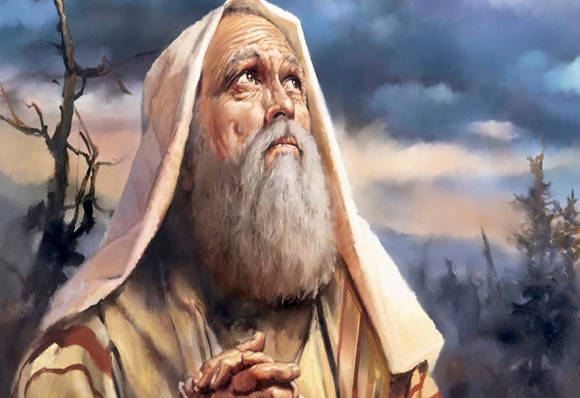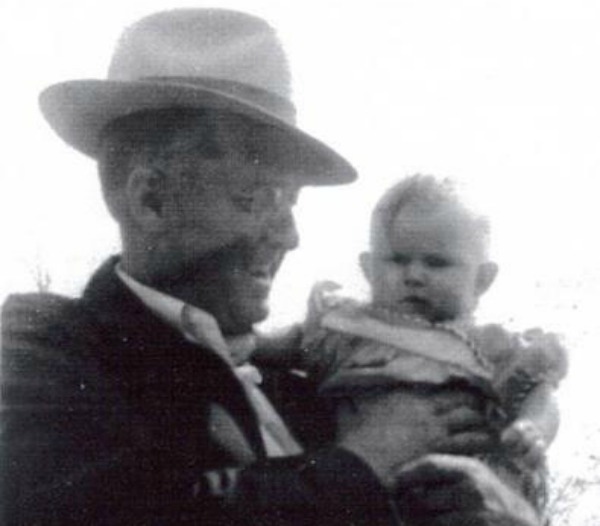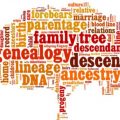Question
Gramps,
I know you have answered questions about Elijah before, as well as the spirit of Elijah. We read that the hearts of the fathers will be turned to the sons and the sons to the fathers, which he taught. (Forgive me if I quoted that wrong, I don’t have it in front of me) I am wondering what exactly it means to be “Moved upon by the Spirit of Elijah.”
We hear about Elijah a lot when it comes to family history work. Does this simply mean we will do work for the dead? (Temple and family history).
Marcus
Answer
Marcus,
Elijah, a prominent figure in the Old Testament, is known for his unwavering faith and miraculous deeds. He lived during a time of great apostasy in Israel, where the worship of Jehovah was largely replaced by the worship of Baal, a Phoenician god. Elijah’s mission was to call the people back to the worship of the true God, and he performed several miracles, including calling down fire from heaven and raising the dead (1 Kings 17-18). His life culminated in a dramatic ascension to heaven in a chariot of fire, as recorded in 2 Kings 2:11, marking him as one of the few individuals in scripture who did not experience death.
The significance of Elijah extends beyond his earthly ministry. The prophet Malachi foretold Elijah’s return in the last days, stating,
Behold, I will send you Elijah the prophet before the coming of the great and dreadful day of the Lord:
And he shall turn the heart of the fathers to the children, and the heart of the children to their fathers. (Malachi 4:5-6)
This prophecy is crucial as it establishes Elijah’s role in the restoration of family connections and the sealing power of the priesthood.
In discussions about Elijah, two terms often arise: the “Spirit of Elijah” and the “Gift of Elijah.” While they are related, they are not synonymous. The Spirit of Elijah refers to the inspiration and desire to engage in family history work and temple ordinances, which is a manifestation of the sealing power of the priesthood. This spirit encourages individuals to seek out their ancestors and perform sacred ordinances on their behalf.
On the other hand, the Gift of Elijah is more specific. It refers to the priesthood keys and authority that Elijah restored to Joseph Smith and Oliver Cowdery in the Kirtland Temple on April 3, 1836. This restoration included the keys to bind families together for eternity, allowing for the sealing of generations. Thus, while the Spirit of Elijah inspires individuals to engage in family history work, the Gift of Elijah provides the necessary authority to perform these sacred ordinances.
Patriarchal blessings, which are personal revelations given to members of the Church, often mention the Gift of Elijah. These blessings can serve as a reminder of an individual’s divine potential and responsibilities regarding family history work. When a patriarchal blessing states that someone has the Gift of Elijah, it signifies a unique calling to participate in the work of salvation for the dead and to help turn the hearts of the children to their fathers. This personal connection to the Gift of Elijah can be a powerful motivator for individuals to engage in family history and temple work.
The work of family history is not merely a personal endeavor; it is a divine mandate rooted in the teachings of the gospel. The prophecy of Malachi emphasizes the importance of turning the hearts of the fathers to the children and vice versa. This turning of hearts signifies a deep connection between generations, highlighting the eternal nature of family relationships. The work of redeeming the dead through temple ordinances is a vital aspect of this connection, as it allows individuals to be sealed to their ancestors and descendants for eternity.
In recent years, there has been a noticeable increase in interest in genealogy and family history work, not only among members of The Church of Jesus Christ of Latter-day Saints but also in the broader society. This phenomenon can be seen as a fulfillment of the prophecy regarding Elijah’s mission. Many individuals feel a deep-seated desire to learn about their ancestors and connect with their family history, which aligns with the Spirit of Elijah.
The Church has embraced this trend by providing resources and tools for members to engage in family history work. Websites like FamilySearch.org offer extensive databases and records, making it easier for individuals to trace their lineage and perform temple ordinances for their ancestors. This modern accessibility to family history work is a testament to the ongoing influence of the Gift of Elijah in today’s world.
Gramps







